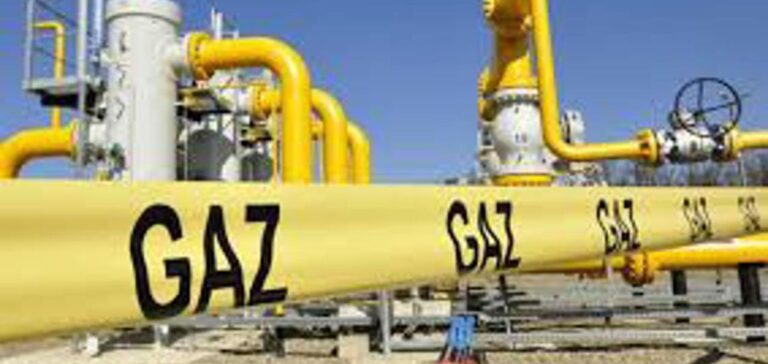Moldova has initiated an operation aimed at routing gas to the separatist region of Transnistria, which has been suffering significant outages of heating, hot water, and electricity since January. This initiative comes after the cessation of gas deliveries by Russia, triggering a notable energy crisis in that part of the country.
The suspension of Russian deliveries has forced the Moldovan state to seek alternatives to secure the region’s energy supply.
Context and Financing
Facing the suspension of Russian gas deliveries via Ukraine, Moldova solicited financial aid from the European Union (EU for European Union). The mechanism benefits from €30 million in support, intended to address immediate supply difficulties in Transnistria.
The Commission for Emergency Situations approved a series of measures aimed at countering the energy blackmail exerted by Russia. The project foresees a daily routing not exceeding 3 million cubic meters, thus ensuring supply until February 10.
Routing Mechanism and Regional Impact
The national company Energocom is tasked with routing the gas according to an agreement established with the local supplier Tiraspoltransgaz. This operation aims to restore access to essential services – heating, hot water, and electricity – for a region of approximately 500,000 inhabitants.
In a context of political tensions, the initiative appears as a response to the energy restrictions affecting Transnistria since the beginning of the year. Local authorities, represented by Vadim Krasnosselski, expressed their gratitude towards the President of the European Commission, Ursula von der Leyen, for her cooperation and efficiency.
Regional Dynamics
The use of European aid takes place in a context of redefinition of energy supply sources, following the cessation of deliveries via Ukraine and Gazprom’s refusal to offer alternative routes due to a financial dispute. Furthermore, the operation is part of an overall strategy to secure energy supply, marking a step in diversifying sources in reaction to geopolitical challenges.





















